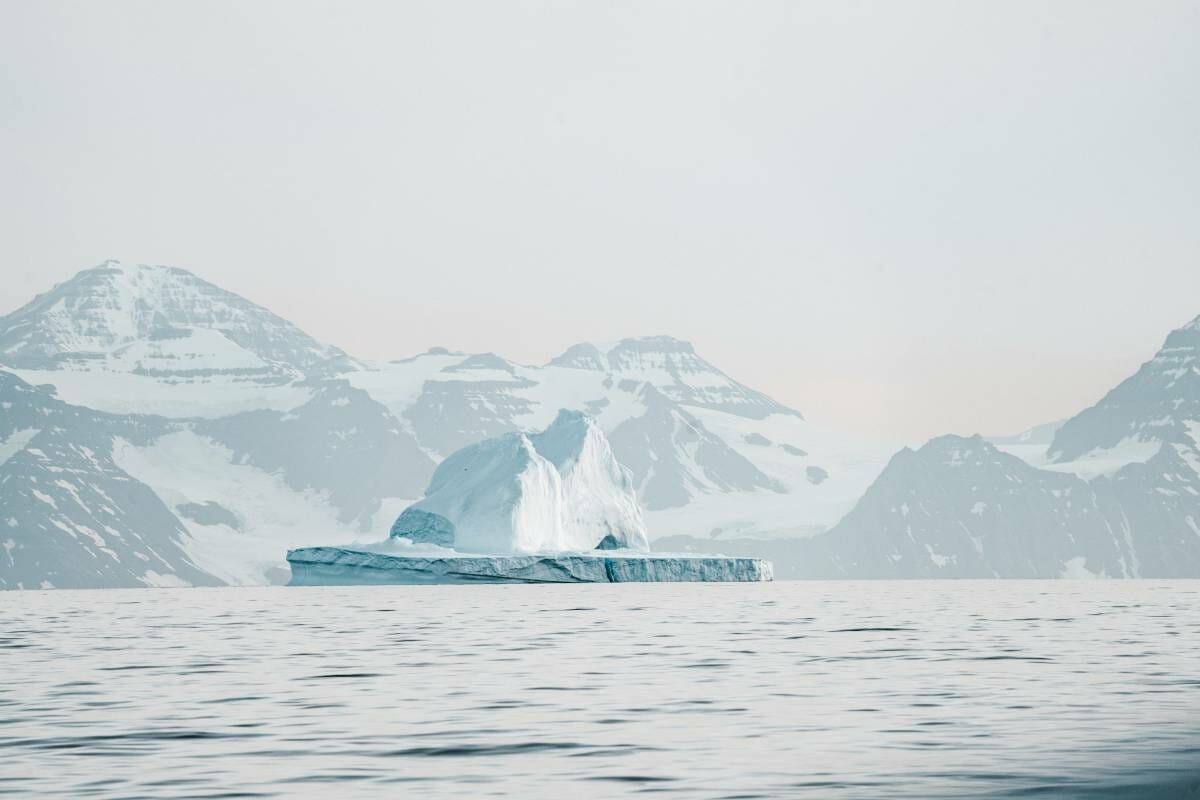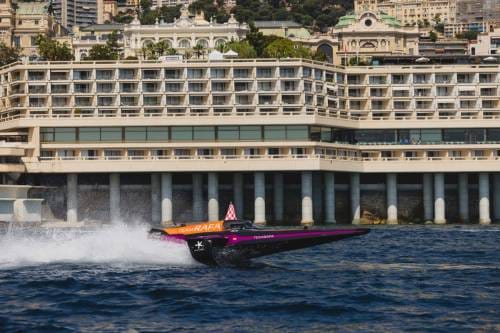Heavy Fuel Oil, a viscous fluid which if spilled can cause major environmental damage, comprises up to 80% of all marine fuel. If spilled in pristine environmentally sensitive areas like the Arctic it is a recipe for a disaster – not to mention the regular polluting effects of the black carbon emitted from burning the fuel.
Which is why it is a hot topic with the global governing body for shipping, the International Maritime Organization (IMO) which is making slow progress on the issue but which is still far from providing comprehensive solutions rapidly enough.
There is progress however with active support from the Prince Albert II of Monaco Foundation which has teamed up with the Clean Artic Alliance by being the latest eminent signatory of the Arctic Commitment, joining more than 165 companies, explorers, politicians and NGOs who have pledged their support for a ban on the use and carriage of heavy fuel oil (HFO) from Arctic shipping.
Arctic Commitment
Launched in Tromsø, during the 2017 Arctic Frontiers conference, by the Clean Arctic Alliance, there is an ever stronger coalition – and the expedition cruise ship operator Hurtigruten together with the Prince Albert II of Monaco Foundation and prestigious organisations as signatories. The Arctic Commitment calls on the global governing body for shipping, the International Maritime Organization (IMO), to eliminate the use and carriage of HFO from Arctic shipping.
The Clean Arctic Alliance has highlighted environmental problems such as sea ice receding due to the climate crisis, and ships making greater and earlier use of the Arctic Ocean for transporting goods.
With the current relatively weak measures in place by the IMO, it will be nearly a decade before the proposed Arctic HFO ban takes full effect, and 20 years after the Arctic Council first identified that the greatest risk to the Arctic from shipping is from oil spills. What is needed is the immediate switching from HFO to distillate or cleaner fuels.
In the meantime, Arctic ecosystems wildlife and its people will continue to be at risk of an HFO spill and the impacts of black carbon emissions
Prince Albert II of Monaco Foundation and the Polar Regions
The Polar Regions are the first to witness global warming and are among the first territories to suffer from its negative consequences and from the impact of human activities, especially in the North Pole.
The Polar Regions (including now the environmental problems posed by marine fuel) are one of the top priority areas of action of the Prince Albert II of Monaco Foundation. The foundation is proud to have been able to support more than 90 various projects in almost 15 years in these regions.
Olivier Wenden, Vice-President and CEO of the Prince Albert II of Monaco Foundation emphasizes “Today we are pleased to stand with the Clean Arctic Alliance and support their initiative that aims to limit human pollution in an area that must be preserved more than ever.”









